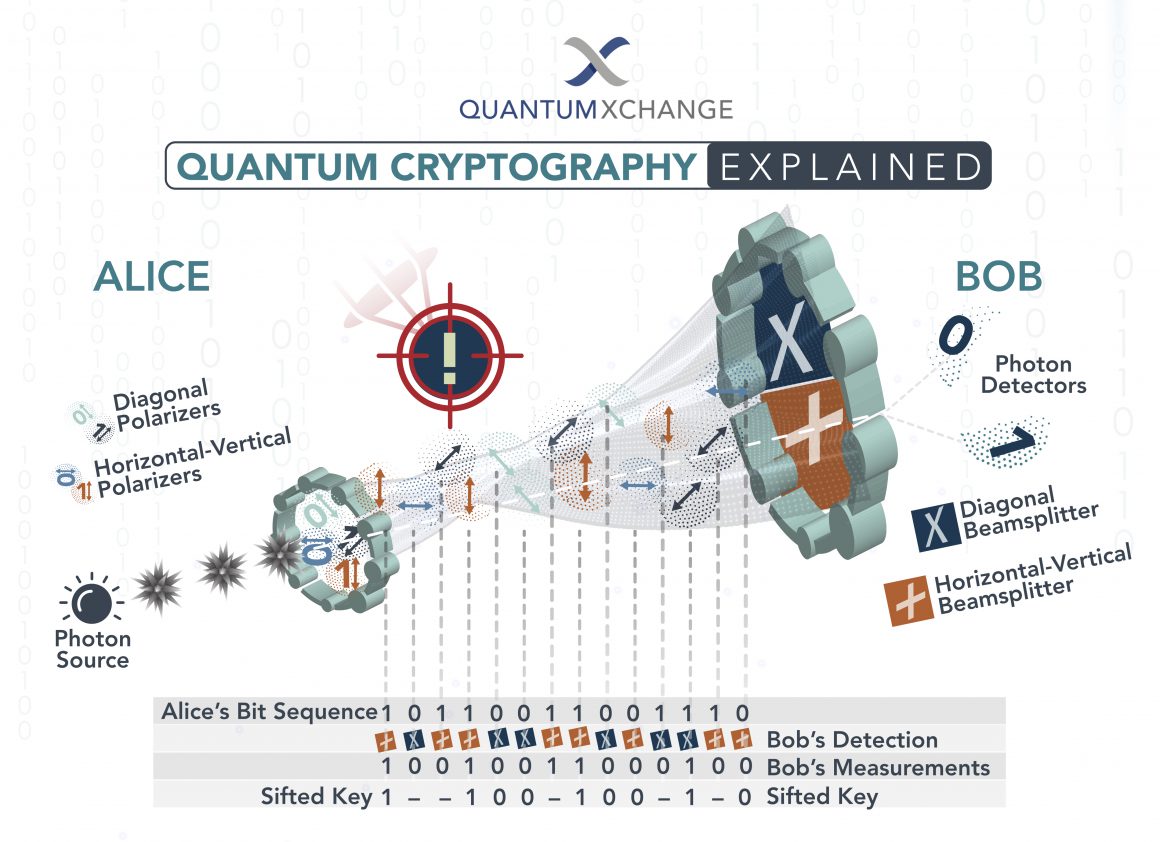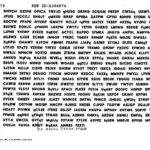In an era where digital communication prevails, the necessity for robust information security has never been more paramount. With the advent of quantum cryptography, we find ourselves standing at the precipice of a groundbreaking advancement. But can we genuinely claim that unhackable security is upon us? Particularly through a Christian lens, this inquiry invites both curiosity and contemplation.
Quantum cryptography harnesses the principles of quantum mechanics to revolutionize how we secure our communications. Traditional cryptographic systems rely on mathematical computations that, while complex, can eventually be breached by a sufficiently powerful adversary. This is especially concerning in a world where quantum computers are on the horizon, potentially rendering current defenses obsolete. In contrast, quantum cryptography effectively employs the properties of particles, such as superposition and entanglement, to create an encryption method that theoretically cannot be intercepted without detection.
From a Christian perspective, the implications of such technological advancement spark a myriad of reflections. At the heart of our faith is an ethos of trust, integrity, and the pursuit of truth. One might ask: if we can achieve a form of communication that is undoubtedly secure, how does that align with the Christian imperative for honesty in all interactions? After all, if our conversations are wholly protected from prying eyes, could this engender a sense of moral ambivalence in how we communicate?
The principle of quantum key distribution (QKD) serves as a prime example of this technology’s potential. By using quantum bits, or qubits, QKD ensures that any attempt to eavesdrop on the communication is detectable. If someone attempts to intercept the quantum key being shared, the very nature of quantum mechanics causes alterations in the state of the qubits, thus alerting the parties involved. This fundamental property invokes a sense of moral and ethical responsibility; one must ask if the sheer reliability of this technology could lead to increased trust but potentially also to complacency in our personal and ethical obligations.
Moreover, is the pursuit of unhackable communication truly in alignment with Christian values? The world we inhabit is rife with challenges that often drive moral dilemmas. As believers, we are taught to engage with those around us, fostering relationships built on trust and transparency. Quantum cryptography could alter the landscape of these engagements. A society that operates under the assumption of complete security may inadvertently foster disconnection and isolation, undermining the very principles of fellowship and communal support championed by Christianity.
As we further delve into the ramifications of quantum cryptography, one must also consider the theological implications of creating technology that drives us toward a less vulnerable existence. Does such an advancement signal a burgeoning trend towards self-reliance and an increasing reliance on human ingenuity? From a Christian standpoint, it raises pivotal questions about dependence on God versus dependence on technology. The biblical admonition against pride resonates strongly here, as one could argue that reliance on supposedly unbreakable security systems may lead humanity further down the path of hubris.
Beyond moral and ethical challenges, we must also contemplate the broader societal implications. The potential for quantum cryptography to protect sensitive data certainly offers immense benefits. Governments, financial institutions, and healthcare systems stand to gain significantly from enhanced data protection. But what of the common individual? Could these technological advancements inadvertently alienate those who lack access to such cutting-edge security measures? A divide may emerge, further complicating the issue of inequality prevalent in society today.
There exists a playful question to ponder: if we indeed achieve a state of unhackable security, who then bears the responsibility for ensuring that this technology is used ethically? Christians are called to be stewards of the earth and its resources. With powerful tools at our disposal, the imperative remains: how do we utilize them for the common good? This stewardship extends beyond mere data protection; it encompasses our duty to advocate for responsible use of technology that aligns with the teachings of Christ.
Moreover, as we traverse the landscape of quantum cryptography, the significance of accountability emerges as a focal point. With traditional systems, breaches often lead to accountability measures, a reckoning of sorts. Quantum technologies, however, present a paradox. If breaches are detectable, yet unbreakable, do they galvanize moral obligation on the part of those wielding such power? Here lies a challenge—navigating the fine line between utilizing advanced technology and fostering a community motivated by ethical considerations.
The horizon of communication security is undeniably bright, illuminated by the potential of quantum cryptography. Yet, the questions it raises are sophisticated and require careful reflection. As believers, it is incumbent upon the community to examine how we perceive trust, communication, and the ethical use of powerful technologies.
In conclusion, while quantum cryptography offers phenomenal avenues for secure interactions, we must consider the broader implications on society and our moral fabric. Is unhackable security the ultimate goal, or should our aspirations lie in fostering integrity, trust, and relational engagement in all aspects of our lives? The imperative remains that as we venture into this quantum realm, we must do so with a heart attuned to the call of stewardship and moral responsibility.








Leave a Comment